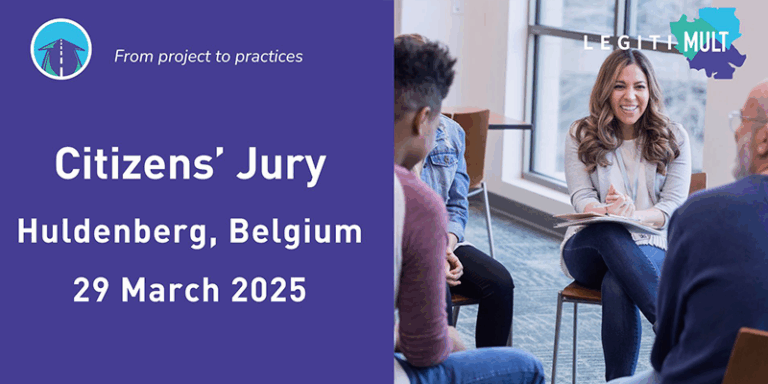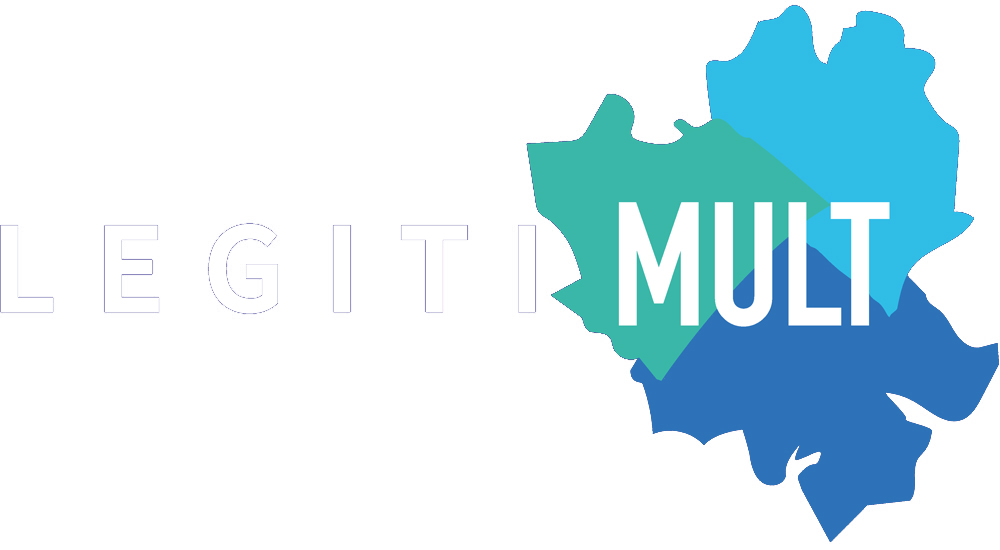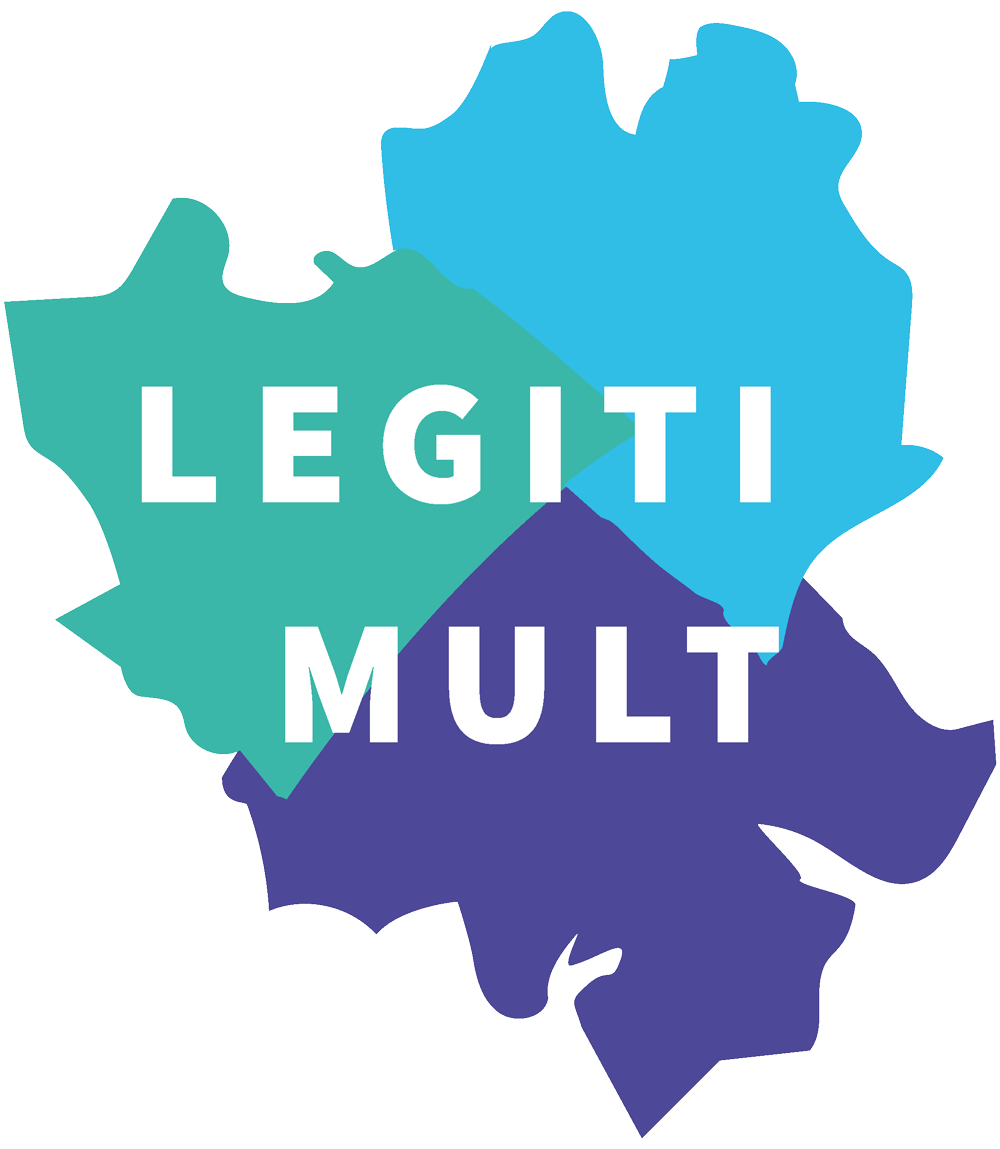Home The University of Antwerp hosts third citizens’ jury
The University of Antwerp hosts third citizens' jury

On 29 March 2025, the University of Antwerp convened a new jury in the Belgian town of Huldenberg, gathering local residents to discuss a critical issue: citizens’ trust in government during times of crisis. The participants engaged in in-depth deliberations, drawing on research findings from the LEGITIMULT project. Their discussions focused on how trust is built, maintained, or challenged when governments at different levels — local, regional, national, and EU — respond to emergencies. While participants expressed a strong level of trust in national authorities during crises, they also agreed that local governments must play a more active role in decision-making processes. The jury formulated several recommendations for strengthening crisis governance, emphasizing the importance of including local perspectives to enhance legitimacy and public trust. This event marked another milestone in LEGITIMULT’s broader effort to examine how citizen participation and democratic innovation can improve the fairness, transparency, and effectiveness of crisis response across Europe.



